The Southern Agrarians: Some Personal Recollections by Tom Landess Blog Post
Sun, 13 Jul 2014 17:16:34 +0000 Thomas H. Landess Download MP3
Sun, 13 Jul 2014 17:16:34 +0000 Thomas H. Landess Download MP3

Sam Bowers Hilliard understood power—not the kind that flows from political office or great wealth, but the power of the land itself. Born in 1930, in a Georgia hamlet that bore his mother’s maiden name, Hilliard grew to recognize how the soil, the crops, and the very food on Southern tables shaped the course of history. Hilliard joined the Department…

“Works of fiction–novels and poetry–can mean more to a people than all the political manifestos and reports from all the think tanks and foundations ever established by misguided philanthropy.” Tom Fleming, 1982 I take this quote seriously. So should anyone interested in the Southern tradition or in a larger sense Western Civilization. Fleming implored his reader to do so, for…
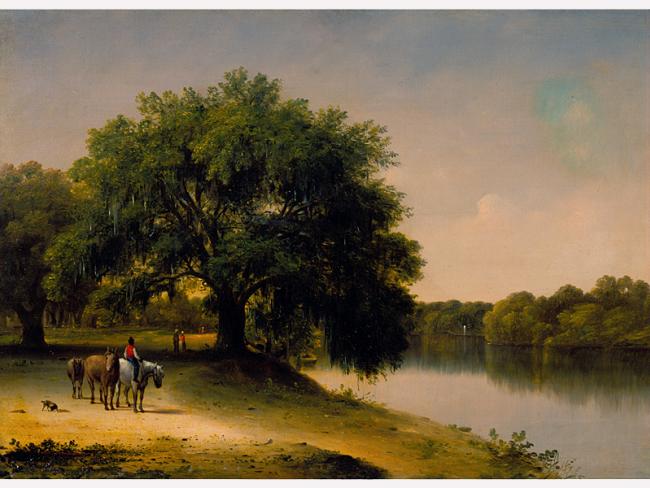
Southerners have often been mocked for their agrarian simplicity by Yankee-minded folks. We know the insults well by now: hicks, hillbillies, rednecks, and so on. But Dixie should not be ashamed of this. We ought rather to delight and exult in it. Richard Weaver gives us good ground for doing so in his contrast of the Northern/Yankee and Southern types:…

A few weeks ago, a man in our town was hospitalized because he was beaten upside the head with a horseshoe by his ex-wife. As I understand it, she showed up to her ex-husband’s family reunion as the “Plus One” of his second cousin. The incident occurred when the assailant found out that her ex, who hadn’t paid child support…

(*first published at First Principles Journal online, April 30, 2008) Publication of a second collection of essays by Southern historian Clyde N. Wilson — Defending Dixie: Essays in Southern History and Culture[1] — provides us with an occasion for surveying Wilson’s larger contributions to American and Southern history, and to the conservative movement. A native of North Carolina in the…
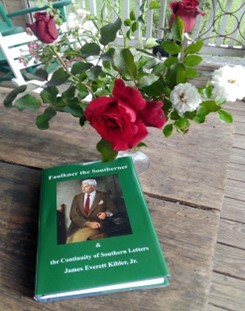
A review of Faulkner the Southerner (Abbeville Institute Press, 2023) by James E. Kibler What more can be said than what has already been said about the life and work of William Faulkner? For decades, scholars and lay enthusiasts alike have written a myriad of books (and even more articles) analyzing the techniques that formed, and the influences and beliefs…

I’ll Take My Stand contains a vivid description of rural Southern life by Andrew Lytle: “The Hind Tit,” which I always associate with my Thanksgiving memories, despite its not being specifically about Thanksgiving. (The title refers to the poor nourishment left to the “runt” Southern States by the American empire after the War Between the States.) The farm life that…

This piece was originally published at Chronicles Magazine and is reprinted here by permission. The following speech critical of the conservative establishment is one that I did not give at The Charleston Meeting, in Charleston, S.C., whither I was invited by its organizer Gene d’Agostino, as a speaker for the evening of April 14. After espying copies of my book…
Wed, 14 Dec 2016 19:07:53 +0000 Clyde Wilson Download MP3
Wed, 02 Jul 2014 14:10:55 +0000 William Wilson Download MP3
Wed, 02 Jul 2014 14:12:51 +0000 William Wilson Download MP3
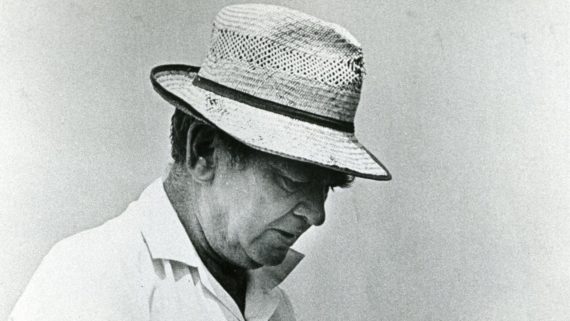
The Southern Tradition is not something easily defined in a few words. Its specific formulation comes from the work of Richard Weaver as he interpreted the thought of the Nashville Agrarians with significant augmentation by M.E. Bradford. For my purposes here I will just consider it to be the sum of the myriad ways that southern culture, history, and ways…

A review of Burden of Dependency: Colonial Themes in Southern Economic Thought (Johns Hopkins, 1992) by Joseph Persky An Under-Appreciated Book In 1973, the young economist Joseph J. Persky wrote piece in Southern Exposure with a promising title: “The South: A Colony at Home.” He recalls thinking at the time that he was in “some sort of “vanguard.”[1] I read…
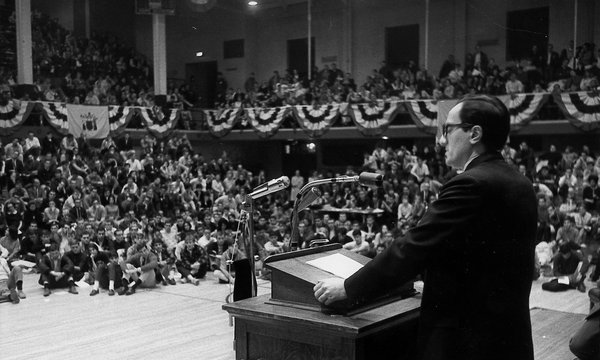
From late 1983 until its fitful demise in the early 2000s, I served as a contributing editor, adviser, or just simply a contributor to the old Southern Partisan magazine. Although a last issue came out in 2009, the quarterly had pretty much ceased regular publication a few years before that, largely due to internecine South Carolina politics and personalities. The…
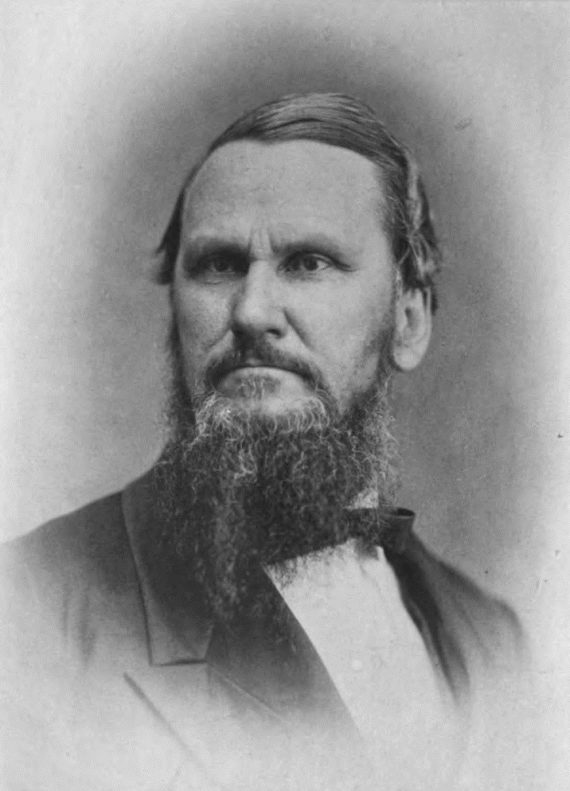
Southerners, of all Americans, have been the most acute and the most persistent in their analyses of what has ailed and threatened our culture, certainly since the end of the War for Southern Independence. Only consider a Robert Lewis Dabney or an Albert Bledsoe in the years immediately after that conflict. Then, more recently, recall the Southern Agrarians centered in…
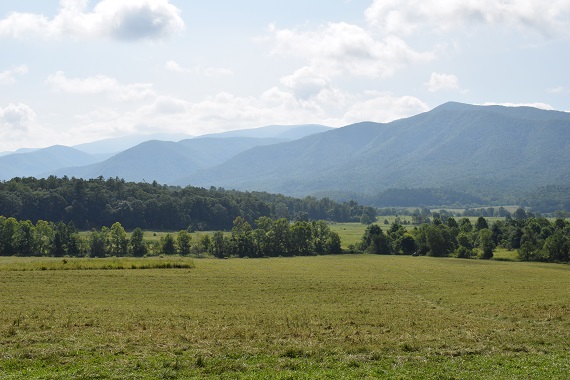
In what passes for political and cultural discourse today, the term “populist” is something of a pejorative, conjuring up images in the mind of the cultural and academic elite of dangerous folks with pitchforks and guns riding about in pick-up trucks looking for an uprising to foment. This of course is nonsense. What the tsars of public opinion describe as…
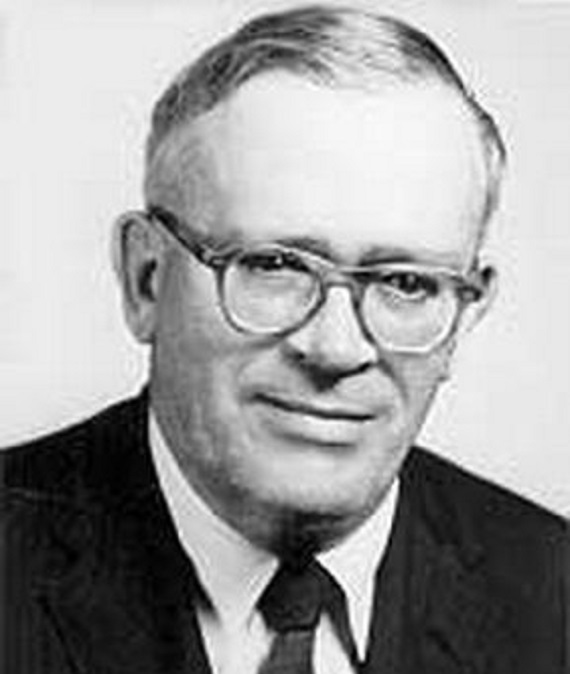
The image of Richard Weaver that sticks in my memory is a disturbing one. He is standing before an audience in a conference room at Vanderbilt University, his gnome-like features barely rising above the tall, polished oak podium that holds his manuscript. He wears a brown, wrinkled suit, shiny at the elbows; and at midmorning he is already in need…
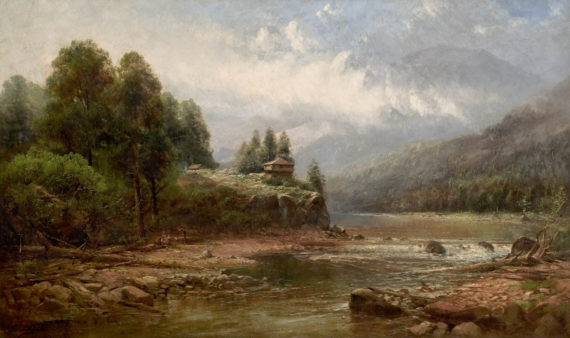
In 1966, Senator Jim Eastland of Mississippi walked into the Senate Judiciary Committee and asked, “Feel hot in heah?” A staffer replied: “Well Senator, the thermostat is set at 72 degrees, but we can make it colder.” Eastland, puzzled by the response, doubled down, “I said, Feel Hot in heah?” The staffer now was perplexed and fearing that he might…
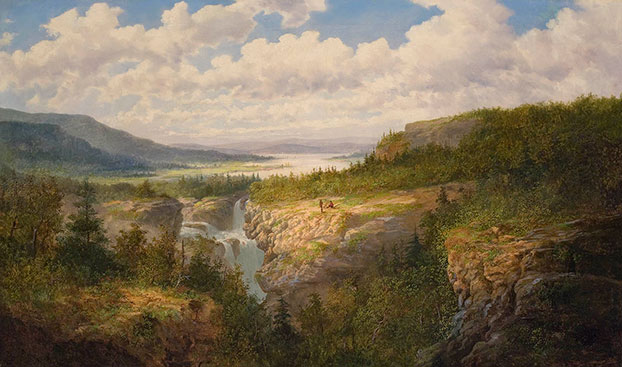
In the popular imagination the South is viewed as a region typified by racism, poverty, and ignorance save a few special islands, such as Chapel Hill and Charlotte, which lay in the archipelago of enlightenment. There are some cracks in this edifice of Yankee bigotry, but when political and cultural wars become heated, the edifice is trotted out once more…
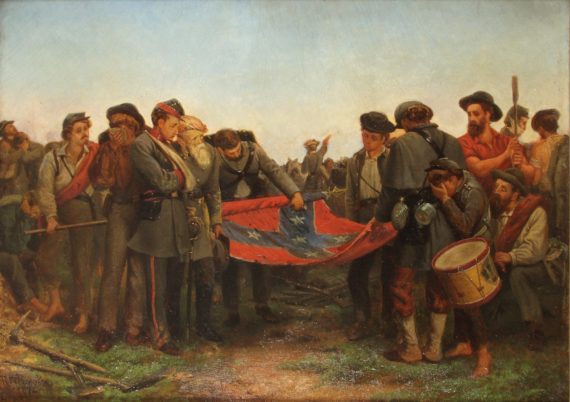
The Southern political tradition, in practice and theory, is one of its most valuable contributions to America and the world. The one constant theme of that tradition from 1776–through Jefferson, Madison, John Taylor, St George Tucker, Abel Upshur, John C. Calhoun, the Nashville Agrarians, Richard Weaver, M. E. Bradford, down to the scholars of the Abbeville Institute–is a systematic critique…

There are many examples of heroism that illustrate spiritedness in America’s history. Indeed, the American Revolution was won because of the indomitable spirit of the Patriots and a growing unwillingness of the British to put down the campaign for independence. The same spirit was present a century later during the War between the States. It is routinely acknowledged that Confederate…
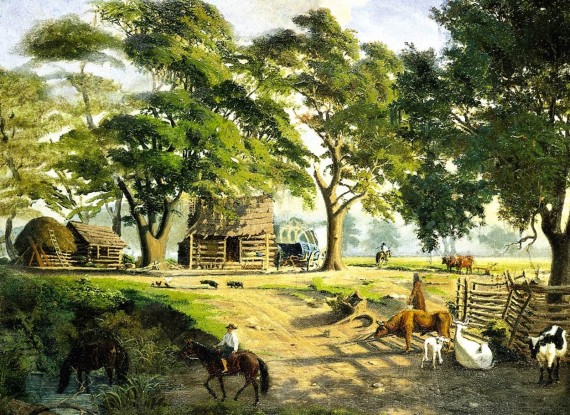
With roots in urban America, the libertarian New Class, which staffs so many of today’s influential think tanks, is disinclined to view the troubles in rural America as a real crisis. This group tends to view a farm as simply another unit of production that, if inefficient, should wither away without public concern—indeed no more deserving of concern than the…
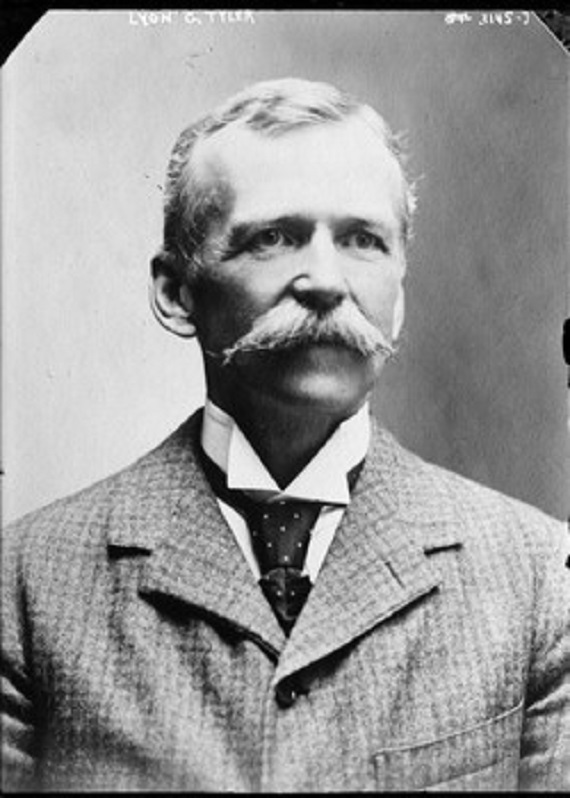
Delivered at the 2017 Abbeville Institute Summer School. The attack on the so-called “lost cause” myth in American history is nothing new. Beginning in the 1950s and 60s, historians like Kenneth Stampp began a concerted effort to undermine the dominant historical interpretation of the War, namely that the War and Reconstruction had been stains on American history, that the War…

Presented at the 2017 Abbeville Institute Summer School. As scholars dedicated to exploring what is true and valuable in the Southern tradition, we are most often drawn to the antebellum South and the early federal period, the days when Jeffersonian federalism and political economy reigned supreme and Southern statesmen were regarded as the best in the land. We still fight…
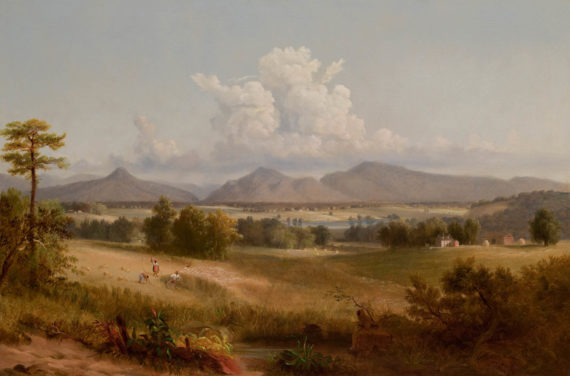
In the popular imagination the South is viewed as a region typified by racism, poverty, and ignorance save a few special islands, such as Chapel Hill and Charlotte, which lay in the archipelago of enlightenment. There are some cracks in this edifice of Yankee bigotry, but when political and cultural wars become heated, the edifice is trotted out once more…

It was pure brag on young Henry Thoreau’s part to say that he had gone to Walden Pond in order “to front only the essential facts of life,” to take a Spartanlike stance against its demands on us, to cut a broad swath and shave close. In point of fact, Thoreau went to Walden to write the book later published…
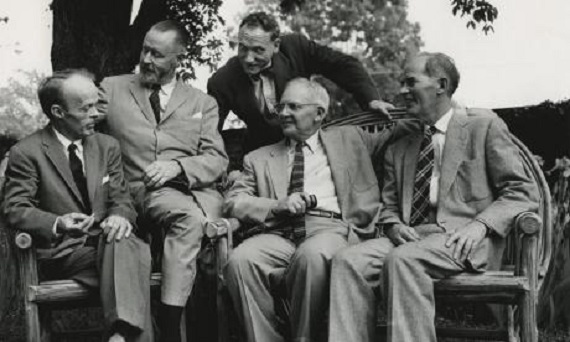
Late in August 1965, a young boy not yet eight-years-old stood with his father on the field at Gettysburg near the spot where Pickett’s men formed in the woods. The boy’s father was not a learned man and had an uncertain grasp of the events that took place on that ground more than a century before. “Which side were we…

General Lee was a soldier and leader of men, not a politician. Although several of his decisions as soldier had an important political impact in American history, he seldom discussed such matters. An exception is his correspondence with the British historian Acton shortly after the war. Acton had spent a long career studying how constitutional liberty had gradually developed as…

Recent attempts made by the left and the right to make Pope Francis one of “their” own has sparked considerable debate among the political class and their voices in the mainstream media. Pope Francis’s speech before Congress was nothing more than a continuation of themes he has publically endorsed throughout his time as pontiff, namely support for the environment and opposition…
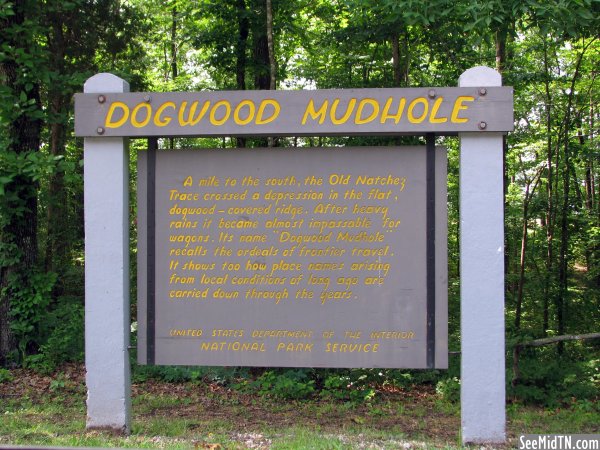
The Report from Dogwood Mudhole Franklin Sanders is a well-known Southern leader and spokesman. In 1995 Sanders, his wife, children, and grandchildren moved lock, stock, and barrel to Wayne County, Tennessee, determined to return to the land and learn to be farmers. Their adventures in this epic agrarian quest are being recorded by Sanders in a trilogy. The first volume…

The God-fearing, Bible-reading, hymn-singing Confederate army grew out of a Southern soil well cultivated during the long struggle of countless, if largely unsung, preachers to civilize a harsh and violent frontier. Personal piety and Bible-centered family circles bolstered the churches in a successful effort to shape the regional culture. The churches assumed responsibility for the education, especially moral, of the…

This article originally appeared in American Conservatism: An Encyclopedia (ISI Books). It is reprinted by permission of the publisher. Southern conservatism, as opposed to the generic American variety, is a doctrine rooted in memory, experience, and prescription rather than in goals or abstract principles. It is part of a nonnegotiable Southern identity with what it is prior to what it…
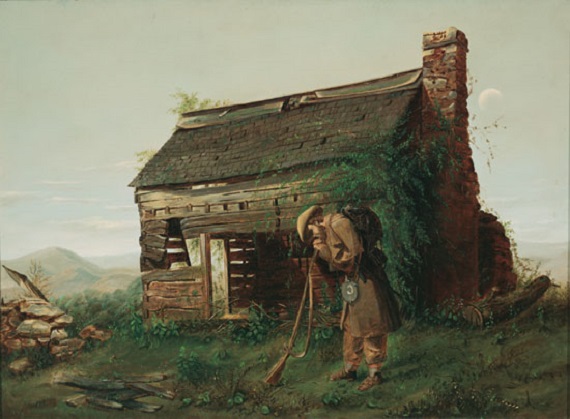
I’ll Take My Stand, the classic statement of Southern Agrarianism, was first published in 1930. Since that time, it has never been out of print. You have to ask yourself why people have continued to read it. There are several good reasons why they shouldn’t. It’s a quirky book. The 12 essays—written by men of varying backgrounds and talents—are uneven…

Thomas H. Landess walked among Giants. He wrote and talked about them too. It was April of 1968, and he had gathered a few at the University of Dallas for a reunion under the banner of the Southern Literary Festival. It was a reunion of the surviving Southern Agrarians—Andrew Lytle, John Crowe Ransom, Allen Tate, and Robert Penn Warren—Lyle Lanier…

Love of cultivated land is a gift—born not from the unbridled wilds but the furrows of tilled soil. This gift, neither wrought nor feigned, cannot be bought nor swapped like an old mule, but rather, is bestowed upon us as a boon from our shared Agrarian Patrimony. Wendell Berry is a fortunate heir and shares his Southern heirloom generously through…
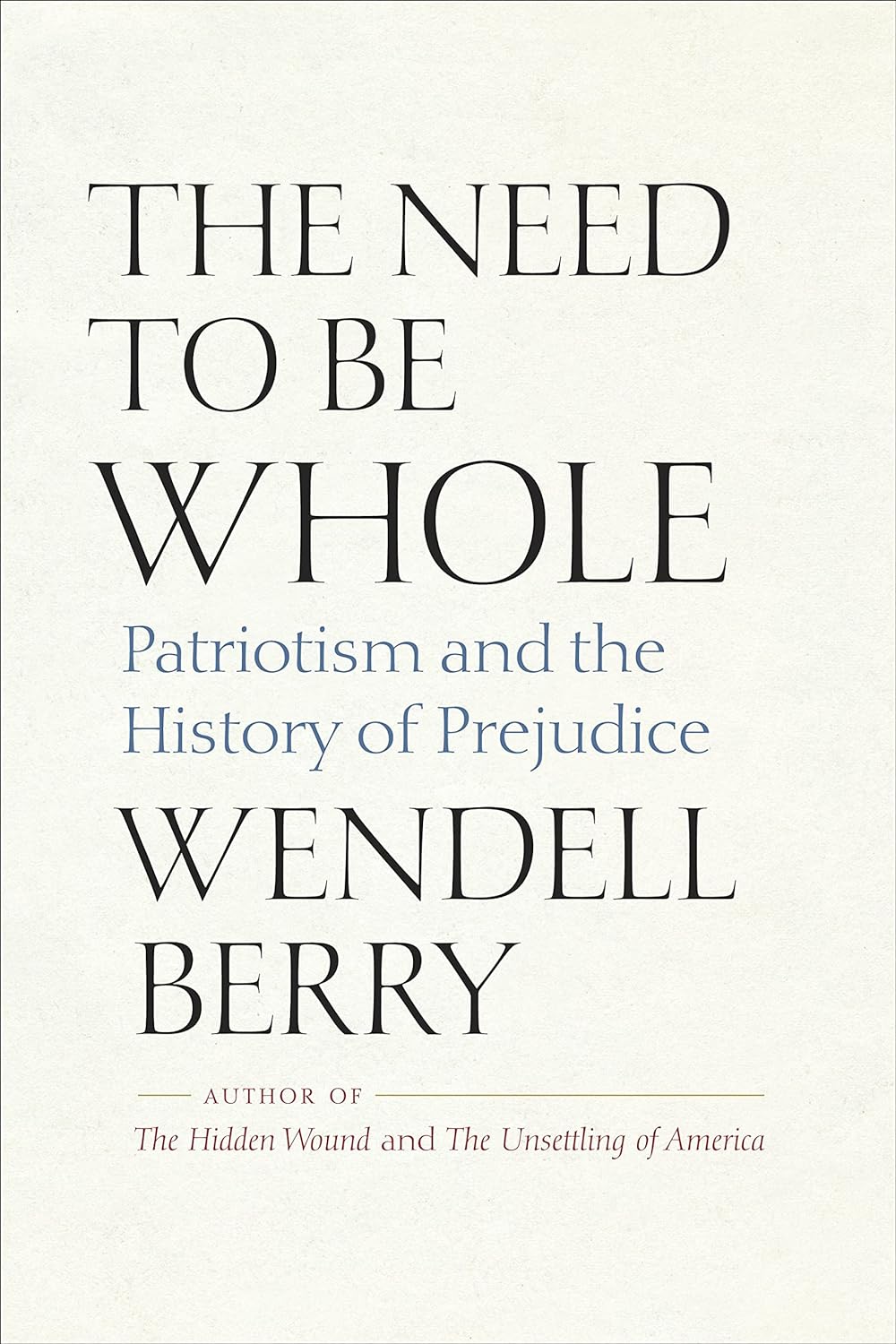
A review of The Need to Be Whole: Patriotism and the History of Prejudice (Shoemaker + Company, 2022) by Wendell Berry I had heard of Wendell Berry for quite some time, and though I had an idea of what he was for—‘what I stand for is what I stand on’—I had never read him. I believe that my very first…

‘But what we really seek is a different kind of sustenance. We seek a cultural relic that points to an old style of “Southern-ness” that is quickly vanishing from modern American life. We seek crude essences of the frontier, unswerving backwoods mentalities, rural respect for tradition, insights into rural humor, and examples of the wild braggadocio that has created many…

The United States are often presented as ‘one nation’, but that is far from the reality. One of the most exemplary of the Vanderbilt Agrarians, Donald Davidson, even spoke of a cultural ‘cold Civil War’ that began between the North and the South after WWI drew to a close (Southern Writers in the Modern World, U of Georgia Press, Athens,…
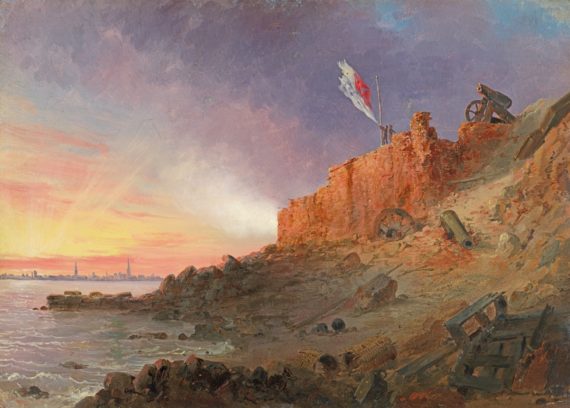
A friend recently asked me for a list of good books about the South and “the Late Unpleasantness” which he could share with his two sons, one of whom will be entering college this fall, and the other who will be a high school senior. I began naming some volumes, at random. But my friend stopped me in mid-sentence and…
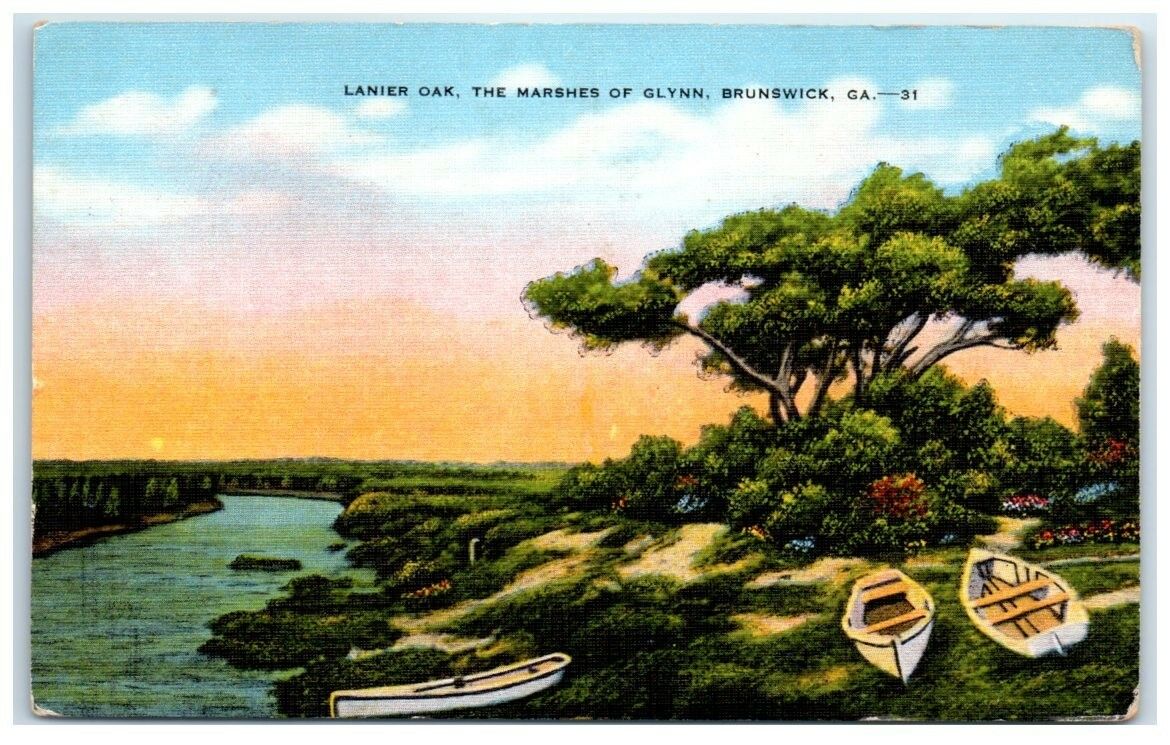
“Who’s your people?” Though now somewhat rare, one still hears that question in Dixie, usually uttered from the lips of older or rural Southerners. Much is implied by the question. There is the implicit belief that one’s extended family — or clan, given much of the region’s Scotch-Irish roots — serves as an inextricable part of one’s identity. Also implied…

One of my colleagues in the ministry of the Lutheran Church – Missouri Synod (LCMS) recently wrote that among “good uses” for the Confederate battle flag are “diaper, shop rag, kindling, stuffing for a pillow, burping cloth,” and “toilet paper.” In the ensuing discussion – which I was not a part of – he added, “It’s a treason/slavocracy flag. Plain…

Secession: The point of the spear aimed at the heart of the American Leviathan – or so I once thought. Certainly secession has been a live idea in Europe for a long time, often under the rubric of “self-determination.” Ludwig von Mises wrote in Liberalism in 1927 that “[t]he right of self-determination… thus means: whenever the inhabitants of a particular…
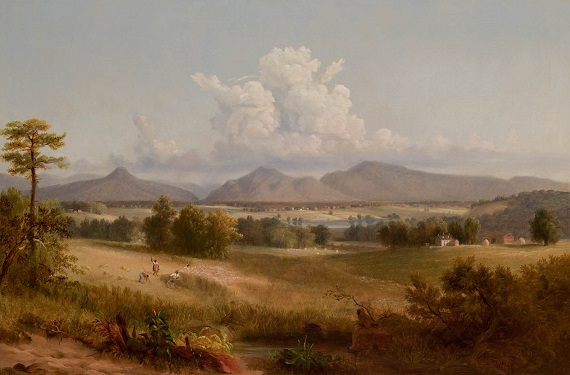
It is not often enough, but I do set aside blocks of time to express gratitude to God for all the many blessings He has bestowed on me in my lifetime. There are many things I have missed out on, or simply fouled up royally, but the stars aligned in mid-October and I had the good fortune of being able…

A review of Who Owns America? A New Declaration of Independence (ISI Books, 1999) edited by Herbert Agar and Allen Tate In graduate school, I was assigned by the resident “New South” historian I’ll Take My Stand by Twelve Southerners as my final paper. I eagerly accepted the project. This was in my back-yard, so to speak. I had read…

A review of The Southern Tradition: The Achievements and Limitations of Southern Conservatism (Harvard, 1994) by Eugene Genovese The notion of a Southern political tradition can be understood as conservative, complete, and consistent with its roots. Eugene Genovese’s The Southern Tradition poignantly articulates these qualities from the perspective of a Marxist gone conservative—a Southern conservative, indeed. Elucidating Genovese’s understanding of…

Before there was any New England in the North, there was something very like Old England in the South. Relatively speaking, there is still – G. K. Chesterton Within Christian and conservative circles, the great English writer Gilbert Keith Chesterton (1874-1936) is widely considered one of the most important authors of the Twentieth Century. As a poet, novelist, mystery writer,…

A review of Writing on the Southern Front: Authentic Conservatism For Our Times (Routledge, 2017) by Joseph Scotchie Joe Scotchie’s recently published anthology Writing on the Southern Front: Authentic Conservatism For Our Times made me aware of the task that confronts every serious student of the Right—recovering what otherwise might slip down the Memory Hole. Both the American media and,…

White privilege has become a major leftwing talking point and justification for a plethora of progressive initiatives that can best be described as reverse racial discrimination. White privilege is the mirror image of white supremacy. Both are evil ideas based upon race consciousness linked to a political ideology that denies the value of the individual. White supremacy is the outward…

A Review of: Look Homeward by David Herbert Donald, Little, Brown, 1987. When David Herbert Donald recalls his youthful reaction to Look Homeward, Angel, he describes a magic that many of us felt upon encountering Thomas Wolfe as adolescents: “I was convinced-without any just cause-that I too was misunderstood by my family and unappreciated in my community, and, like Eugene,…
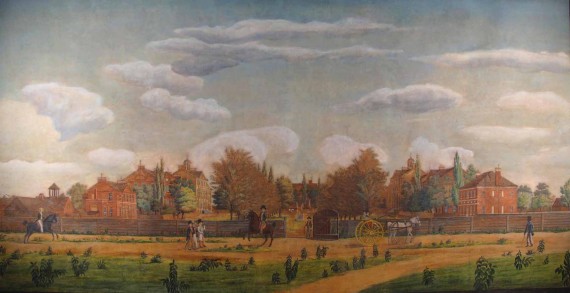
Why the South Will Survive, by Fifteen Southerners. Edited by Clyde N. Wilson. Athens: The University of Georgia Press, 1981. As a naturalized Southerner (born in the North but educated in the South) it is a delight to discover this hard intellectual diamond among the soft dunghills of contemporary American publishing. The fifteen separate essays contained in this work deserve…

Senator Sam Ervin of North Carolina told a friend in 1980 that, “I’m bound to confess that President Carter has instilled some foreboding in prospect to the outcome of the election….As I interpret his campaign sermon, President Carter said states’ rights had become as obscene as any four-letter word, and Ronald Reagan had proved his unfitness for the presidency by telling…

When I was active in College Democrats at my small state college, in the early 2000s, we didn’t quite fancy ourselves revolutionaries. Middle class origins were universal; collared shirts were frequent; raised fists were nonexistent. Many of our meetings and events were, like so much else in college, little more than excuses to drink beer. We didn’t aspire to bring…
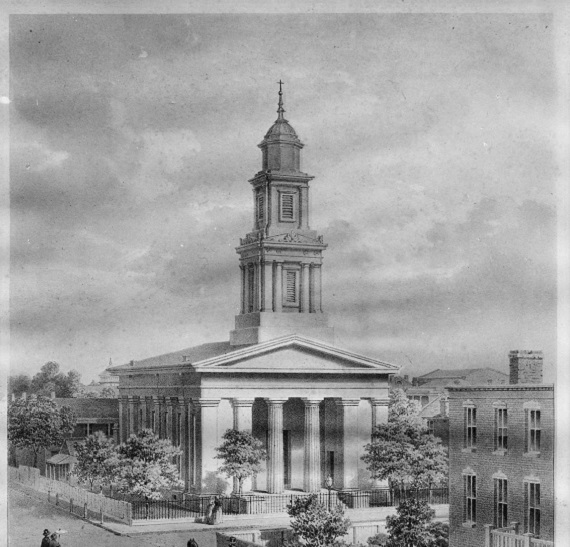
Fr John Strickland, reflecting on the Renaissance of Western Europe, wrote, . . . For Burckhardt, the Renaissance (for the first time a distinct period in history) became the moment of cultural liberation, the breakthrough into the modern age of humanism, individualism, and secularism. . . . At the heart of this breakthrough was the Renaissance’s reflection on the human…

This essay was published in Why the South Will Survive: Fifteen Southerners Look at Their Region a Half Century after I’ll Take My Stand, edited by Clyde Wilson, 1981. When the Southern Agrarians took their stand, they did it stoutly, on two feet. Some emphasized the “Southern,” others the “Agrarian,” but fifty years ago it seemed that the two loyalties, to the South…
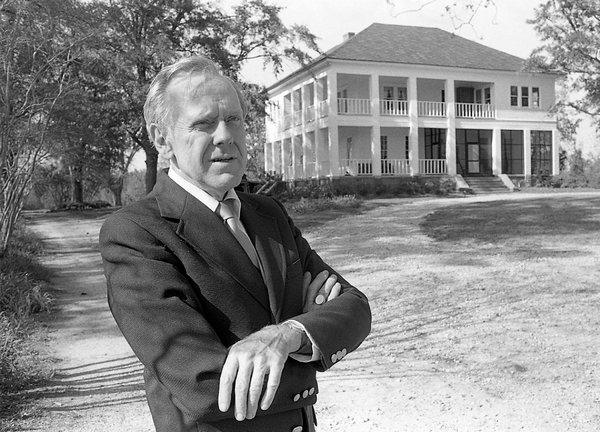
Do men read fiction anymore? In my youth I remember visiting other boys’ homes and finding novels from their fathers – you know, Zane Grey, Louis L’Amour, Ernest Hemingway, Ian Fleming. In my own family there were no books, and I can confidently state that not one of my forebears had read even 50 books, fiction or nonfiction, not even…

Originally published in Southern Partisan in 1979. Some forty years ago, H. L. Mencken and one of his cronies set out to study the “level of civilization” in each of the (at that time) forty-eight states. They put together a variety of quantitative indicators of health, wealth, literacy, governmental performance, and so on, and triumphantly announced in the American Mercury…

(I’ll Take My Stand 75th anniversary conference, Franklin, Tennessee) The Twelve Southerners have been justly praised for their powers of prophecy. In reading ITMS once more after several years, it struck me that their description of the unhappy tendency toward the massification of American life and mind—what they called industrialism—is even more precisely accurate in 2005 than it was in…
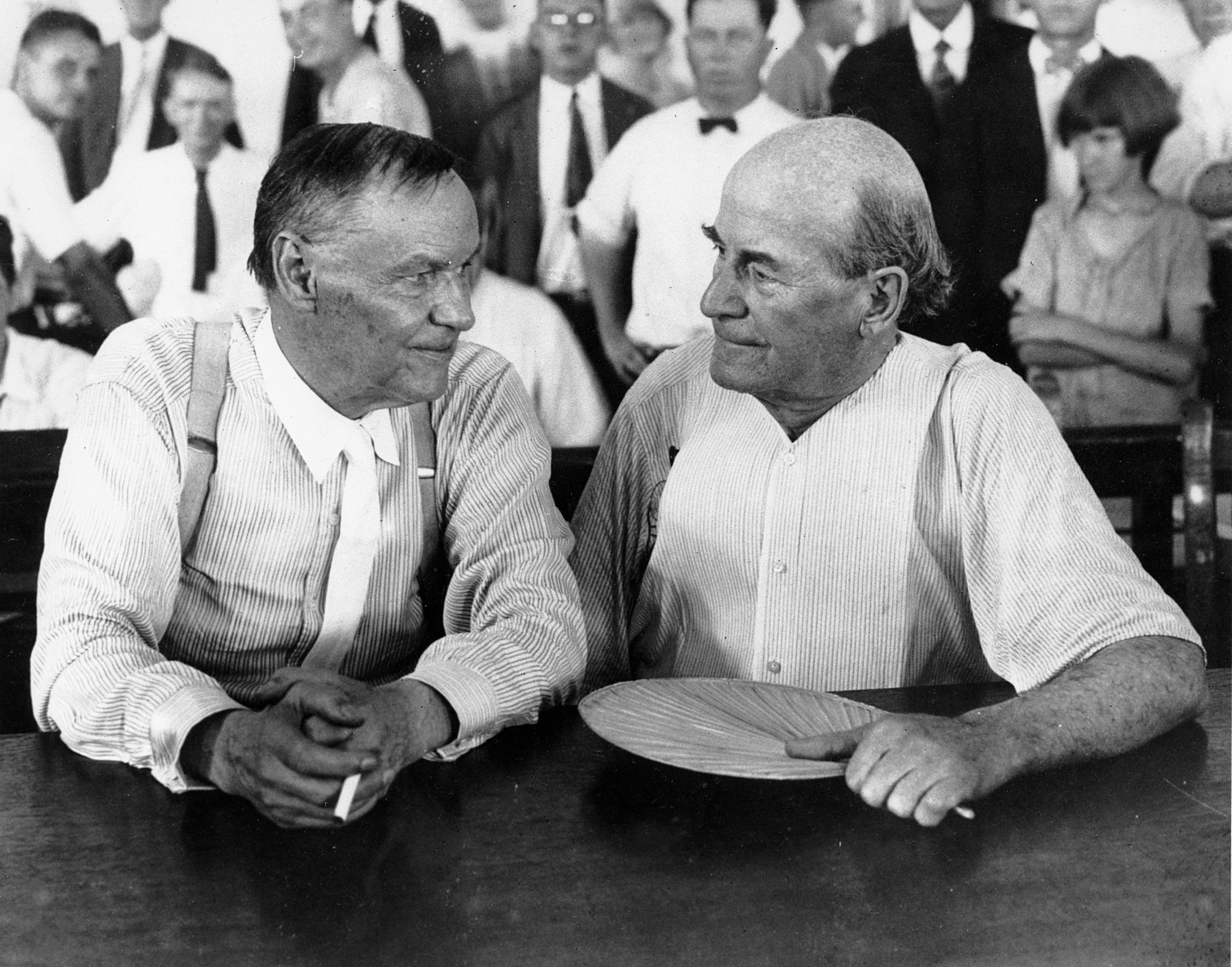
Gregg Jarrett like most of the “journalists” on Cable TV writes a book and, apparently, as part of his remuneration, can market the book through the cable broadcast (marketing is the backbone of selling books). In this case, he has written something called The Trial of the Century. This version was such a grand event that it apparently, in Jarrett’s mind,…

What do a popular country group and the Vanderbilt Agrarians have in common? West Virginian Arlos Smith penned the song Mayberry for the pop-country group Rascal Flatts. There are striking similarities between the Agrarian manifesto I’ll Take My Stand (ITMS) and the song Mayberry, but I couldn’t find any evidence that the work of the Agrarians had any influence on…

I was not here for Dr. Fleming’s talk, but I imagine he made the point he often likes to make: the term “agrarian” is problematic, because in European and general political terms “agrarian” suggests a group of wild-eyed radicals who want to seize and divide up other peoples’ property. Of course, this not what our Agrarians are about, but I…

On Sunday, June 11, 2023, my dear friend and a man who is rightly called “the Dean of Southern Historians,” Dr. Clyde N. Wilson, celebrated his 82nd birthday. For some fruitful fifty-five of those years he has been at the forefront of efforts to make the history of his native region better known, and, as events and severe challenges to…
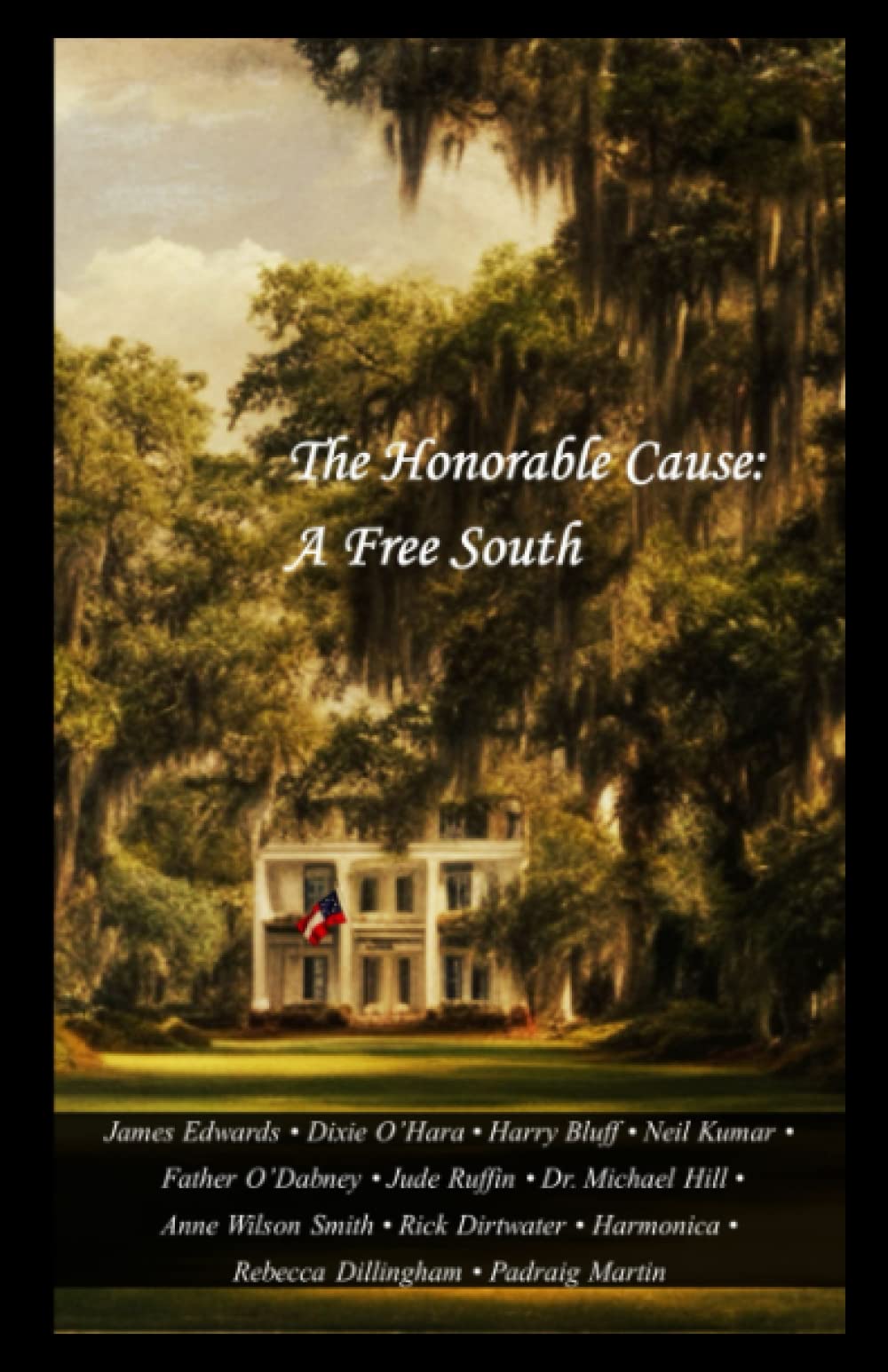
America is now governed as an ever more centralised nation/state with an increasingly imperialist and left-authoritarian character. But America as a society and a people is no longer coherent. A people, according to St, Augustine, are those “who hold loved things in common.” By that reading Americans are not a people. A recent poll indicates that 44% of Southern people…

XIII. The Dilemma of the Southern Liberals Originally published in The American Mercury, 1934 “The Dilemma of the Southern Liberals” Back when wild-eyed suffragettes were on the losing end of Oklahoma Drills with King George V’s horse, Vanderbilt and Sewanee were Southern football giants, and the Bull Moose Party was hawking the square new deal, Southern liberals—all hopped up on…

The problem now is the same as it was in 1994, the same as it was in 1980 (Reagan) and 2016 (Trump). The greatest Republican measure of conservatism that creates “waves” as opposed to pond-stills, e.g. Ford, Romney, McCain, Bush (any one of the New England preppies, carpetbagging Bush clan), is in the South. The real South. Not the South…

Palatial Porches and Dying Civilizations I take great pains to ensure that the devilish tempo of modern life never breaches my portico. Life should always be in adante, and I like to imagine that the haint blue of the porch repels the unclean spirits of prestissimo. A fine porch can make you feel like King Solomon, and a fine man…
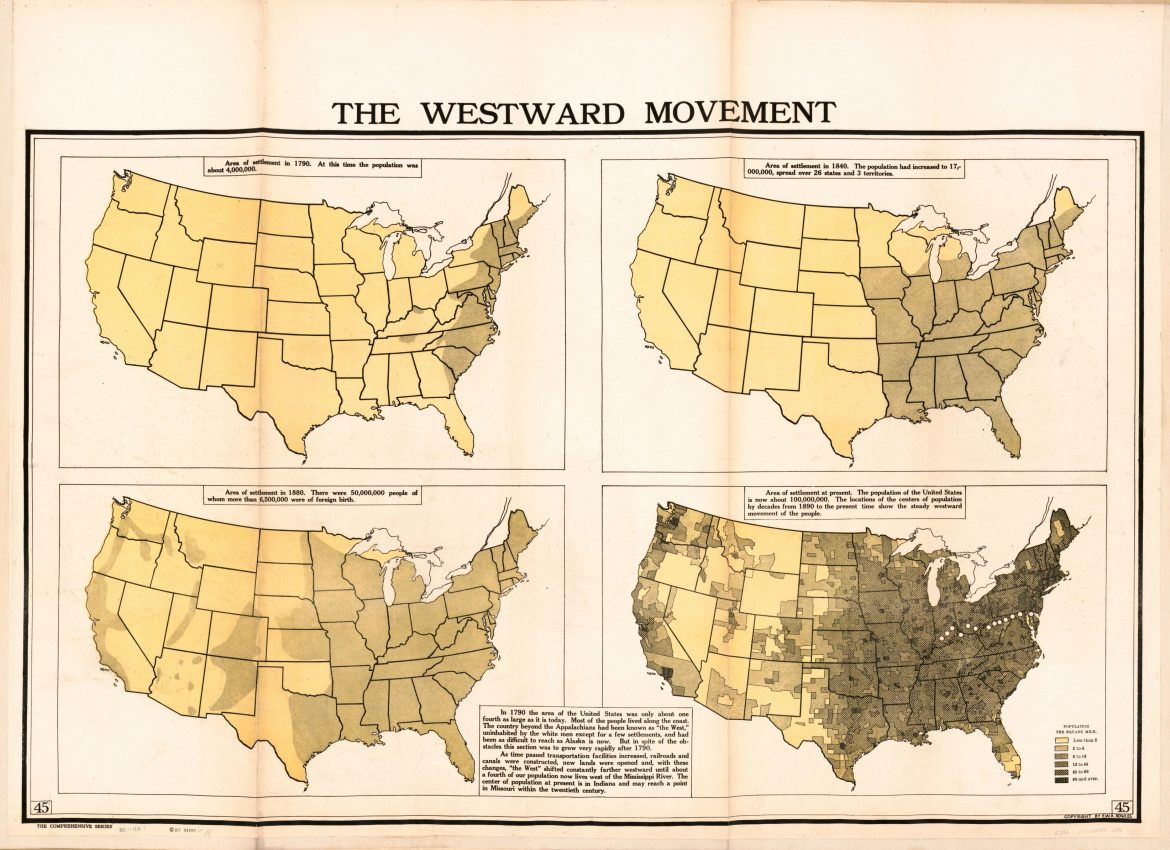
I. The Diversity of America Parts of this chapter (along with several others) are from “Sectionalism in the United States,” Hound and Horn, VI (July-September, 1933). The link to Davidson’s “Sectionalism” essay provides some context of its genesis—some of which is a smidge uncomfortable. In The Idea of the American South (1979), Michael O’Brien portrays Davidson as a misfit compared…

“In 1938 appeared the clearest and most courageous of the Agrarian documents, Donald Davidson’s Attack on Leviathan.” – Richard M. Weaver Russell Kirk tells the story of discovering Davidson’s book in 1938 as a sophomore at Michigan State in the introduction for its reprint in 1991. Kirk writes, “The book was so good that I assumed all intelligent Americans, or…

In the rural Virginia town of Swoope, near the Shenandoah Valley, Joel Salatin practices common sense and ecologically sustainable agriculture on his farm, Polyface. In the wake of a COVID-19 pandemic that has drastically changed food distribution networks and disrupted the entire supply chain of the country, farming methods like Salatin’s have become increasingly desirable as we approach a dystopian…

On a website devoted to publishing scholarly articles, I did recently did a search for “The Lost Cause” and unsurprisingly found a plethora of articles on that theme relating mostly to the aftermath of the American War of 1861-65. Also unsurprisingly, many of these apparently set about to examine the issue with a view toward debunking that effort as…

By Forrest McDonald and Clyde Wilson. These essays were originally published in the Fall 1982 issue of Southern Partisan. A review of M.E. Bradford, A Worthy Company: Brief Lives of the Framers of the United States Constitution. Marlborough, NH: Plymouth Rock Foundation, 1982 and M.E. Bradford, A Better Guide Than Reason: Studies in the American Revolution. La Salle, Ill.: Sherwood…

This essay was originally published in the February 1936 issue of The American Review. Years ago, during the World War, I traveled from Chicago by way of Cincinnati to Montgomery, Alabama, in the company of a group of young ladies from the North who were visiting their men-folk encamped at Camp Sheridan. None of them had been South before, and…

It is maddening to listen to people who attempt “conservative thought” with but a shallow mentality for the concept. True conservative thought comes from the seeds of agrarians and various cultivations in spirit and in heart; the heart of family conservation and the kneeling before God. It is not fractious political parties and preening T.V. personalities lost to history and…
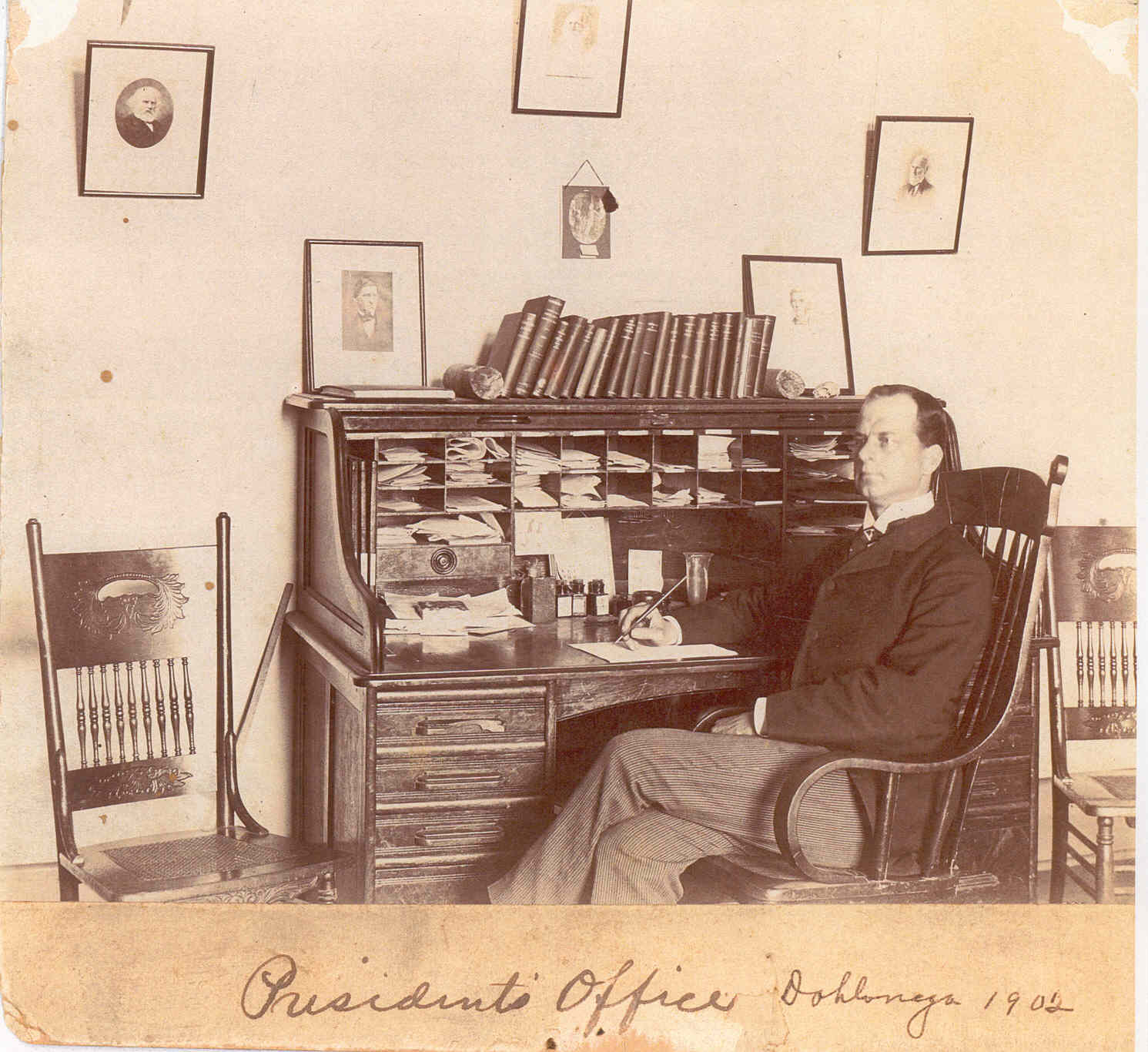
The Southern version of Thoreau’s Walden may be considered I’ll Take by Stand, by Twelve Southerners, with its subtitle, The South and the Agrarian Tradition. It was published in 1930 and met with considerable criticism from those who believed it was a futile effort to “turn back the clock” to an idealized utopia of the antebellum South. On the contrary,…

As the “Exceptional Nation” totters and pratfalls further toward perdition, some on what is commonly, if not entirely accurately, known as the “Right” are calling for the various factions to unite beneath a single banner – a band of brothers, as it were – to battle shoulder-to-shoulder against the Bolshevik plague-beast. Several such tocsins have resounded from the San Bernardino…

Major League Baseball on 2 April announced that both the All Star Game and the draft would no longer be held in Atlanta as retribution for Georgia’s recent election laws. “I have decided that the best way to demonstrate our values as a sport is by relocating this year’s All-Star Game and MLB Draft,” explained MLB Commissioner Rob Manfred. The…

Travel writing about the American South is a genre of its own. One such observer was Henry Miller, who traveled through the South in 1941. Miller was born in 1891 in New York City and lived almost all of his life there until 1930 when he moved to Paris. He spent almost all of the years between 1930 and 1939…

How long will you torment my soul, and break me in pieces with words? These ten times you have reproached me; you are not ashamed that you have wronged me. And if indeed I have erred, my error remains with me. If indeed you exalt yourselves against me, and plead my disgrace against me, know then that God has wronged…
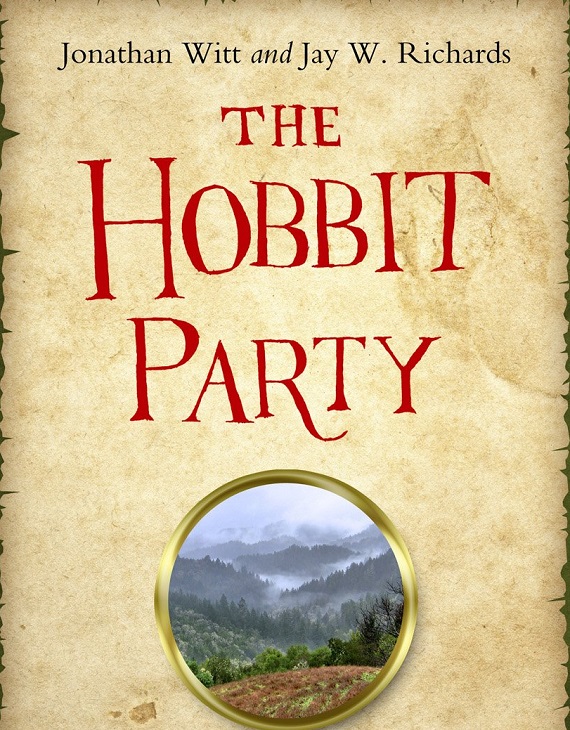
A review of The Hobbit Party: The Vision of Freedom That Tolkien Got, and the West Forgot (Ignatius Press, 2014), by Jonathan Witt and Jay W. Richards. Russell Kirk often said that his true formation as a conservative had more to do with reading the novels of Sir Walter Scott than anything else. We also know from James Kibler’s work,…
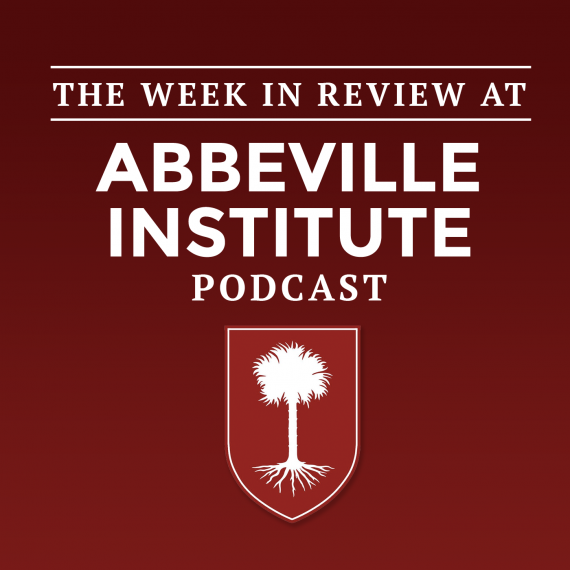
The Week in Review at the Abbeville Institute, March 2-6, 2020 Topics: Secession, Southern Tradition, Agrariansim, Conservation

I started my political journey on what I thought to be the Left. Books like Klein’s The Shock Doctrine resonated with me, as did films like American Beauty and Revolutionary Road. My favorite childhood films were Atlantis and The Iron Giant. All of these works are part of a long line of salient critiques of the deracinated culture of consumption…

A Review of The Idea of The American South, 1920-1941, (Johns Hopkins University Press, 1979) by Michael O’Brien. I have an invitation to extend to Michael O’Brien, the British author of The Idea of the American South, 1920-1941. At his convenience, I would like Mr. O’Brien to accompany me to a small establishment (one of those notorious Southern “fighting and…

A review of The Lytle-Tate Letters: The Correspondence of Andrew Lytle and Allen Tate (University of Mississippi Press, 1987), Thomas Daniel Young and Elizabeth Sarcone, eds. Considering Allen Tate’s well-documented contrariness, the four-decade-long friendship of Tate and Andrew Lytle must be considered one of the great creative acts in the lives of both men. That the two men could keep…
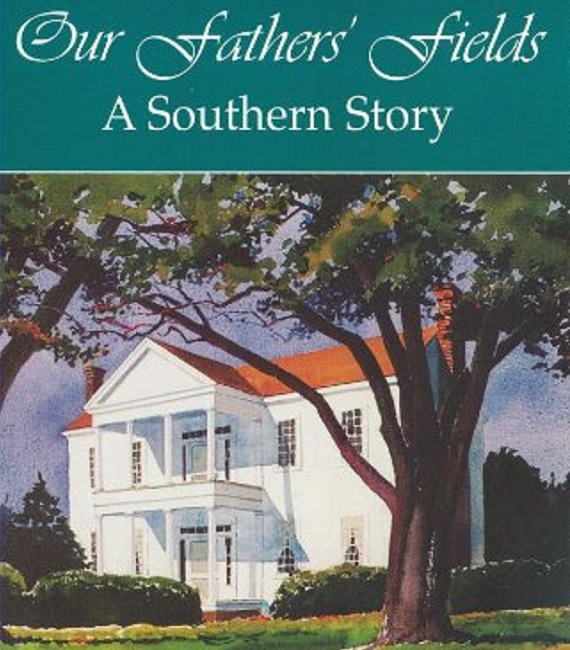
A retrospective review of Our Fathers’ Fields: A Southern Story (University of South Carolina Press, 1998) by James Everett Kibler, Jr. On June 7, 1998, I opened a copy of The State newspaper from Columbia, South Carolina, and read a review of a book that I immediately knew I had to own. The article, “Family Ties: Author Looks at Hardy…
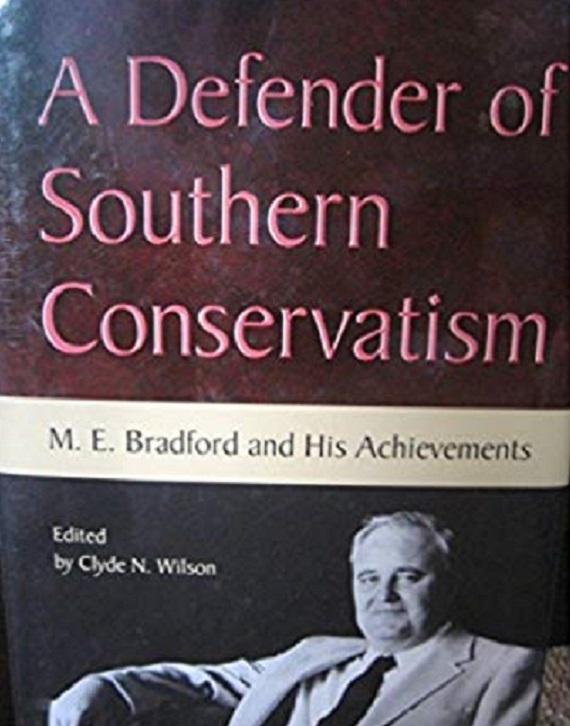
A review of A Defender of Southern Conservatism: M.E. Bradford and His Achievements (Missouri, 1999) by Clyde N. Wilson, ed. Clyde Wilson, Professor of History at the University of South Carolina and editor of The Papers of John C. Calhoun, has assembled and introduced this collection about a man notable, among other things, for his own affinity with Calhoun and…
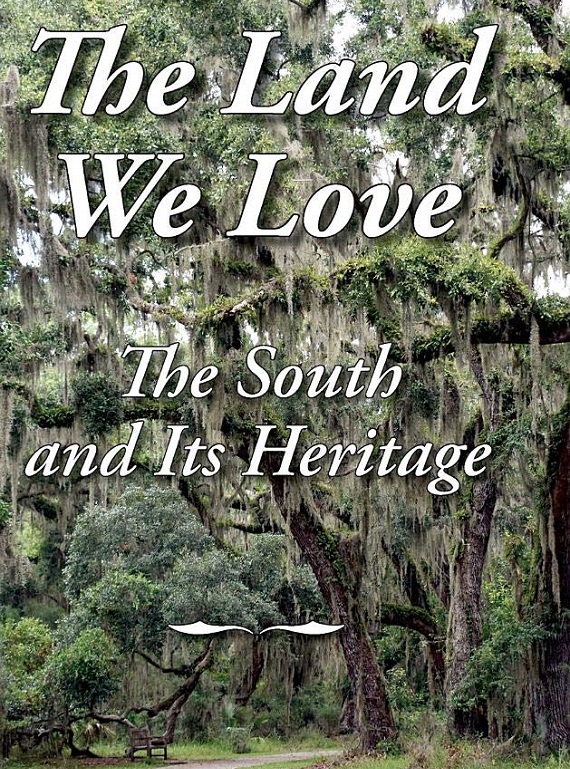
A review of The Land We Love: The South and Its Heritage (Scuppernong Press, 2018) by Boyd Cathey I must confess that I feel a bit awkward about reviewing Dr. Boyd Cathey’s outstanding anthology, The Land We Love: The South and its Heritage. I am, as the reader may notice, mentioned in the preface, along with Clyde Wilson, as one…

A review of Recovering the Past: A Historian’s Memoir (University Press of Kansas, 2004) by Forrest McDonald “History is marble, and remains forever cold, even under the most artistic hand, unless life is breathed into it by the imagination. Then the marble becomes flesh and blood—then it feels, it thinks, it moves, and is immortal.” —Charles Gayarré (1805-1895) It is…
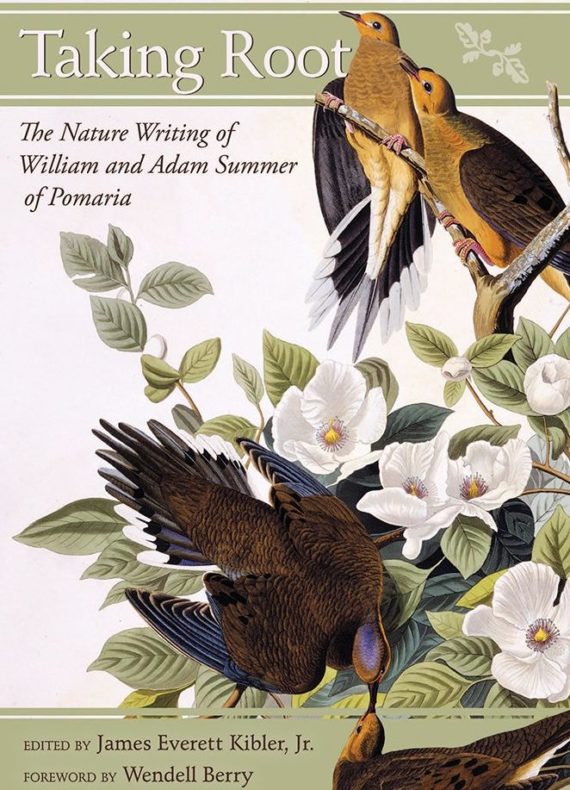
A review of Taking Root: The Nature Writing of William and Adam Summer of Pomaria by James Kibler (editor) and Wendell Berry (Foreword) (University of South Carolina Press, 2017). Perhaps land is more important to the Southern tradition than any other aspect of the region’s experience. Historians continue to grapple with questions that ask how Southerners understood land and nature….

They were standing at the ledge. Their view mirrored a panorama of buildings and smoke stacks. Great edifices, heaving asymmetrically, skewed with monster cylinders venting plumes of expended energy. The farms, the land, scarcely discernible, were hiding from the crowding machines in ambient spaces where life of life and lives of lives grappled and struggled for survival. The agrarians had…

“It was my first introduction to damn Yankees,” my oldest sister remarked of her first semester at James Madison University in the fall of 1982. It was here, at this university nestled in the mountains of Virginia and named after one of the state’s most famous sons, that her Northern dormitory suite-mates were horrified by such flagrant abuse of their…

Mel Bradford has argued that no individual has exerted more influence upon the development of a profession of letters this century in the South than Donald Davidson. The poet, essayist, and social critic is well known to most literary scholars and historians of the South; however, Davidson’s critique of the Southern experience remains largely unappreciated. Several years ago the author…
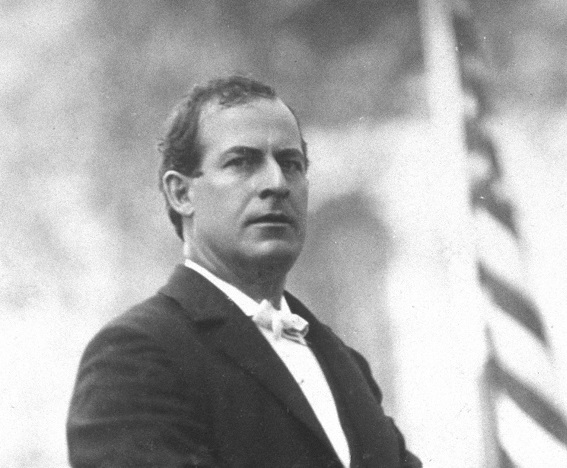
When William Jennings Bryan died in 1925, H.L. Mencken wrote a scathing eulogy stating: “There was something peculiarly fitting in the fact that [Bryan’s] last days were spent in a one-horse Tennessee village, and that death found him there. The man felt home in such scenes. He liked people who sweated freely, and were not debauched by the refinements of…

A review of I’ll Take My Stand by Twelve Southerners (LSU, 2006). In this age where the homogenization of our culture is nearly complete, thanks largely to widespread media and rampant industrialism, I’ll Take My Stand remains as fresh and relevant as the day it was published more than seventy years ago. Instead of indulging in reactionary daydreams or nostalgia,…

A review of Regionalism and Nationalism in the United States: The Attack on Leviathan by Donald Davidson (Transaction Books, 1991). August 18, 1993 will mark the centennial of Donald Davidson’s birth. On April 25 of that year, he will have been dead a quarter of a century. During his lifetime Davidson was considered the most minor of the major Fugitives,…

Fred Douglas Young, Richard M. Weaver, 1910-1963: A Life of the Mind. University of Missouri Press, 1995. 217; Joseph Scotchie, editor, The Vision of Richard Weaver. Transaction Publishers, 1995. Early in the fall of 1939, while driving over “the monotonous prairies of Texas” to begin a third dismal year at Texas A & M with its “rampant philistinism, abetted by…
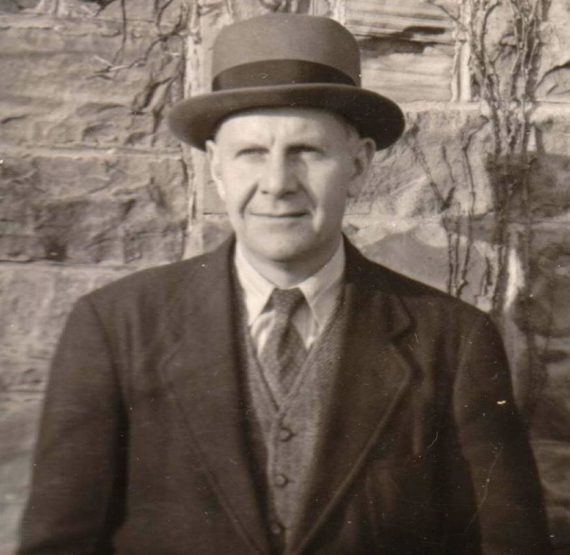
“The modern man has lost his sense of vocation.” “A Statement of Principles,” I’ll Take My Stand “One wonders what the authors of our Constitution would have thought of that category, ‘permanently unemployable.’” –Wendell Berry A Review of Land!: The Case For an Agrarian Economy by John Crowe Ransom, Edited by Jason Peters, Introduction by Jay T. Collier University of…

A Review of The Southern Vision of Andrew Lytle, by Mark Lucas, Louisiana State University Press, 1987. Andrew Lytle’s writings comprise a rich and diverse tapestry whose outlines are difficult to bring together. The critic who tackles this varying body of material must become conversant in history, political philosophy, military biography, and literary criticism. Lytle has been feted for achievements…
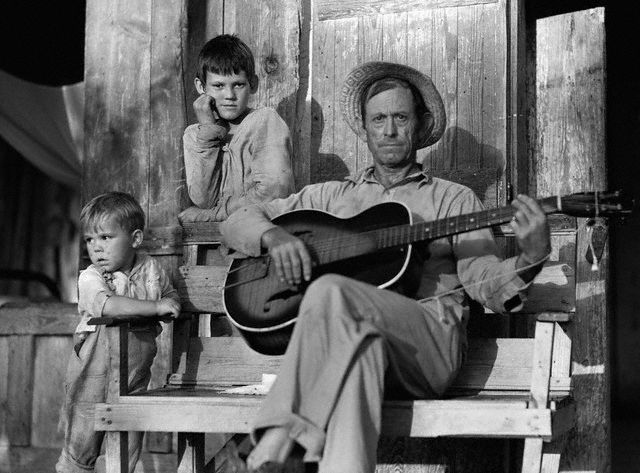
A review of J. Wayne Flynt, Dixie’s Forgotten People: The South’s Poor Whites. Bloomington and London: Indiana University Press, 1979. Professor Flynt, the author of this volume, concentrates on the economic condition and the cultural life of poor white Southerners, but does not fail to mention some of the vices of the American majority, especially the attempt, often unsuccessful, to…

A Review of M.E. Bradford, A Better Guide Than Reason: Studies in the American Revolution. 1979. The world’s largest, most ancient, and most exemplary republic observed its bicentennial not long ago. One would expect such an occasion to be a time of rededication and renewal, of restoration and recovery. Instead, we had a value-free official celebration that was expensive, dull,…

A Review of: On the Prejudices, Predilections, and Firm Beliefs of William Faulkner. By Cleanth Brooks. Baton Rouge, Louisiana: Louisiana State University Press, 1987. 162 pp. When I think of the state of literary criticism in the academy today, I think of a New Yorker cartoon someone has put up in the liberal arts coffee lounge at Clemson. It shows…

YANKEE, n. In Europe, an American. In the Northern States of our Union, a New Englander. In Southern States the word is unknown. (seeDAMYANK.) Ambrose Bierce, THE DEVIL’S DICTIONARY (1906). Bierce’s definition of the Yankee is a bit outdated. No doubt some Southerners still refer to Northerners, especially New Yorkers and New Englanders, as Damyanks, but no one can say…
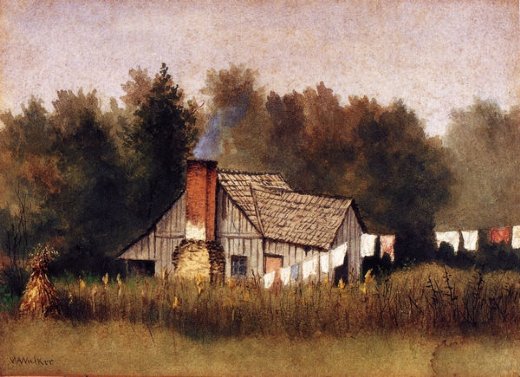
Of the twelve agrarians who wrote the, symposium I’ll Take My Stand, only three are alive: Robert Penn Warren, the poet and novelist, Lyle Lanier, a psychologist and former executive vice-president of the University of Illinois, and myself, a writer and reader of fiction. I don’t presume to speak either for Warren or Lanier, and I don’t know how to…
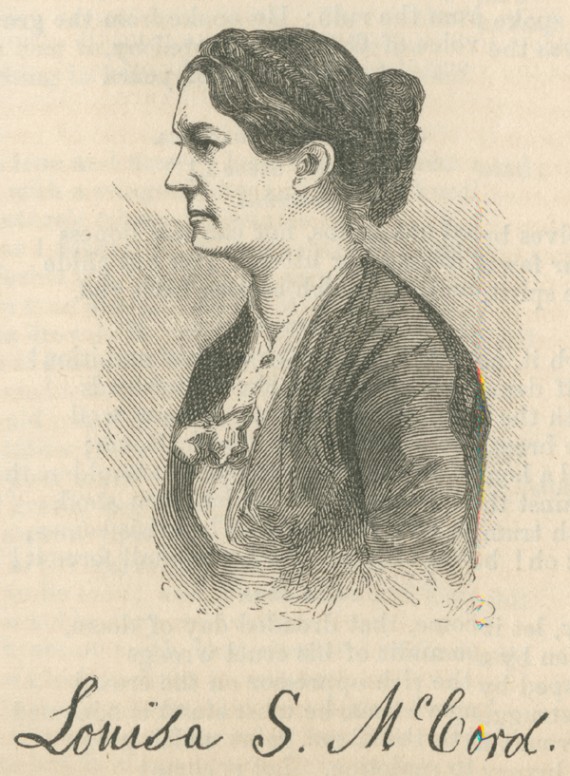
A review of All Clever Men, Who Make Their Own Way: Critical Discourse in the Old South, edited with an introduction by Michael O’Brien. Fayetteville: University of Arkansas Press. 1982. 456 pages. The intellectual history of the South is yet to be written. This assertion bootlegs two assumptions that do not go unchallenged. The first is that there is something…

Mencken’s “Sahara of the Bozart” is one of the most famous essays of 20th century American letters. Since its appearance in 1919, the essay has become widely regarded as Mencken’s “slur on the South,” as his acid-laced repudiation of Southern culture (indeed his assertion that the South had no culture). “The Sahara of the Bozart” is a bit more complex…

I don’t watch sports as I once did. Growing up down South some of my fondest memories were of the World Series, and the radio connection through Al Helfer, Red Barber or Mel Allen. I can still hear those voices. I know there are fewer and fewer of us who recall those moments, but those still around recognize my sentiments….
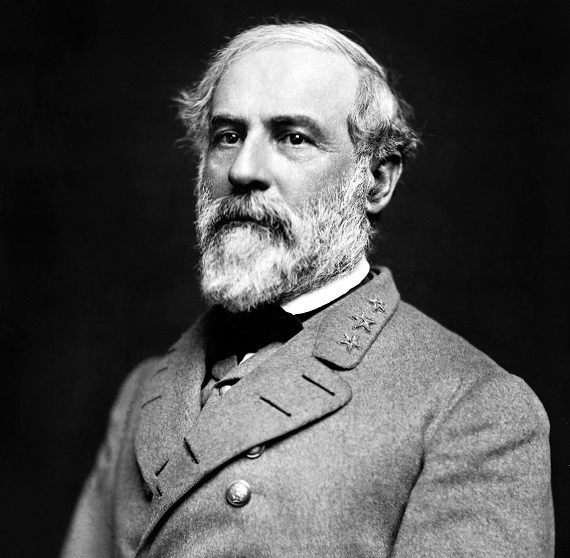
Several years ago, leftist blowhard Richard Cohen at the Washington Post wrote that Robert E. Lee “deserves no honor — no college, no highway, no high school. In the awful war (620,000 dead) that began 150 years ago this month, he fought on the wrong side for the wrong cause. It’s time for Virginia and the South to honor the…

A biographer defined Francis Butler Simkins as “one of the most interesting intellectual forces of his generation.” As a scholar who questioned conventional thinking he “helped lay the foundation of the Civil Rights Movement. Yet, when these momentous events of the 1950s and 1960s challenged the traditional order in the American South, Simkins discovered much…that he believed should be conserved…
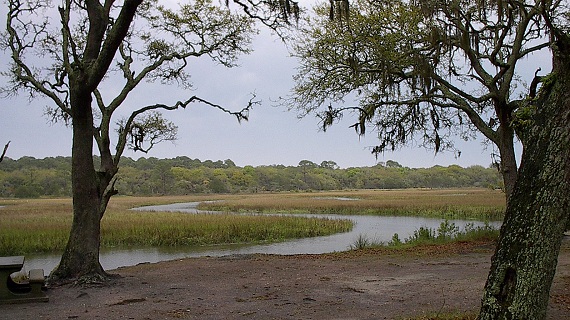
Chronicle’s most distinguished contributing editor, can be relied upon, always, to tell it like it is. He is doing just that when he writes in a blurb to Reinventing the South:“these essays are splendidly written—mercifully free of contemporary critical jargon and easily accessible to the good and serious reader.” And he amplifies this description of Professor Winchell’s work with “high intelligence…

This essay was originally published at The Deliberate Agrarian. In my previous blog post I mentioned Allan C. Carlson’s soon-to-be-published book, The Natural Family Where It Belongs: New Agrarian Essays, and Generations With Vision, a ministry that is working to bring about the reformation of strong Christian families by casting a vision for the establishment of vibrant family economies. The…

The Week in Review at the Abbeville Institute, Sept 5-9, 2016 Topics: Southern culture, Southern tradition, Agrarians, Decentralization, Southern politics, Confederate Constitution

Of the twelve agrarians who wrote the symposium I’ll Take My Stand, only three are alive: Robert Penn Warren, the poet and novelist, Lyle Lanier, a psychologist and former executive vice-president of the University of Illinois, and myself, a writer and reader of fiction. I don’t presume to speak either for Warren or Lanier, and I don’t know how to…

The Week in Review at the Abbeville Institute, May 23-27, 2016. Topics: Political Correctness, agrariansim, the Southern tradition, Reconstruction
This essay was originally printed at The Imaginative Conservative. Among the contributions to I’ll Take My Stand, Allen Tate’s “Remarks on the Southern Religion” is usually interpreted as the most acerbic, immoderate, and unusual essay in the collection. All too often the essay is read as an apologia for violence or an eccentric defense of tradition. In fact, Tate–like his…
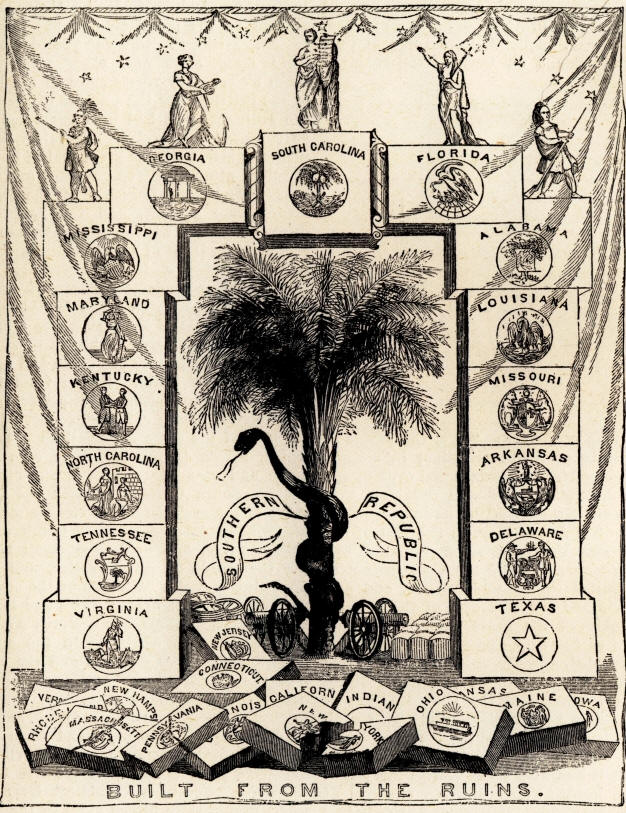
This talk was delivered on Friday, February 26, 2016 at the Abbeville Institute Conference “The PC Attack on the South.” We are here to deal with the PC attacks on Southern Tradition. We have become so familiar with PC in everyday life that our perception of what it actually is has been dulled. PC is a deceptive cover name for…
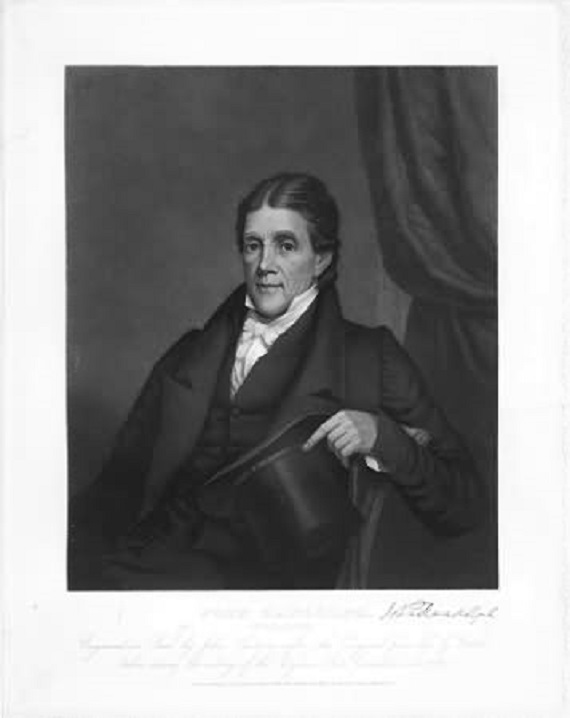
There is no more singular statesman or person in the history of American politics than John Randolph of Roanoke. Eccentric in the extreme, volatile, and often ill-tempered, this Saint Michael of the South, this scourge of corruption, was also capable of passionate attachments to his friends, his slaves, and his country, that is Virginia. The same man whose piercing gaze…
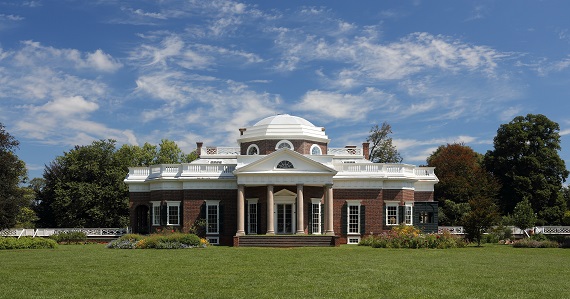
This essay served as the introduction to Why the South Will Survive(University of Georgia Press, 1981). OF THE MAKING of books about the South there is no end. This one differs from most in at least one respect—its unembarrassed embrace of the notion that the South is a national asset, a priceless and irreplaceable treasure that must be conserved. The…

I have called M.E. Bradford the Agrarian Aquinas. He did not write a Summa, but his work as a whole enriched and carried into new territory the message of I’ll Take My Stand on a broad front of literature, history, and political thought. He came at a crucial time when Richard Weaver had passed his peak of influence and the…

Part V of a Five Part Series. Part I, II, III, and IV. 1. Taylor as a Liberal “Individualist” Taylor writes that society not made up of individuals is a pointless abstraction: ‘Society exclusively of individuals, is an ideal being, as metaphysical as the idea of a triangle. If a number of people should inclose themselves within a triangle, they…

Part III of a Five Part Series. Part I, Part II. 1. Republicanism and Liberalism Revisited As noted previously, 18th-century Anglo-American opposition writers employed several political languages. One of these, classical republicanism, asserted reciprocal causal relations between power and property such that a republic secures stability and liberty by way of a “mixed constitution” resting on a broad class of…

When I first heard of the topic “Small is Beautiful,” I thought of the wonderful motto of Chilton Williamson’s friend Edward Abbey: “Growth is the Enemy of Progress.” Abbey went right to the heart of the matter. The false but pervasive premise of American life is that progress and growth are the same thing and are defined and justified by…

Part 1 of a Five Part Series 1. The Relevance of John Taylor John Taylor of Caroline (1753-1824) has a secure, if minor, place in the history of American political thought. Charles A. Beard considered him “the philosopher and statesman of agrarianism” and “the most systematic thinker” of the Jeffersonian Republican party. Indeed, Beard’s writing on Taylor, early in the…
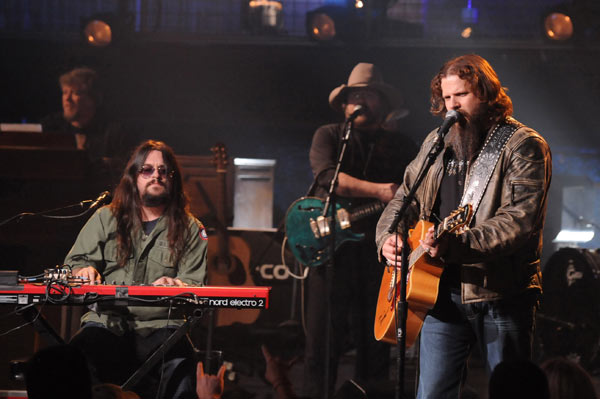
Many music fans believe Southern rock died in 1977 when Lynyrd Skynyrd’s plane crashed in the Mississippi woods. Certainly, there were Southern bands that had some commercial success afterward—Molly Hatchet, .38 Special, Charlie Daniels, Hank Williams, Jr.—but the Southern sound quickly disappeared from mainstream rock music and was replaced by the pop-driven scene out of Los Angeles and New York….

Many music fans believe Southern rock died in 1977 when Lynyrd Skynyrd’s plane crashed in the Mississippi woods. Certainly, there were Southern bands that had some commercial success afterward—Molly Hatchet, .38 Special, Charlie Daniels, Hank Williams, Jr.—but the Southern sound quickly disappeared from mainstream rock music and was replaced by the pop-driven scene out of Los Angeles and New York….

In an age such as ours—beset by the conceit that the noblest political act is individual self-actualization—any philosophic discussion of education will be tenuous and fragile. True, our time has witnessed heated debates over educational policy—over the processes through which public schools are funded, over the criteria by which educators’ performance is evaluated, over the students injured by our current…

on Driskill Hill, north Louisiana “Throw out the radio and take down the fiddle from the wall” Andrew Lytle, “The Hind Tit” I’ll Take My Stand (1930) for fellow southern poet Jim Kibler When daylight ends and silence minds the fields Of stars and corn, late summer’s bumper yields, I work, building a fiddle true and good, Wood shorn from…